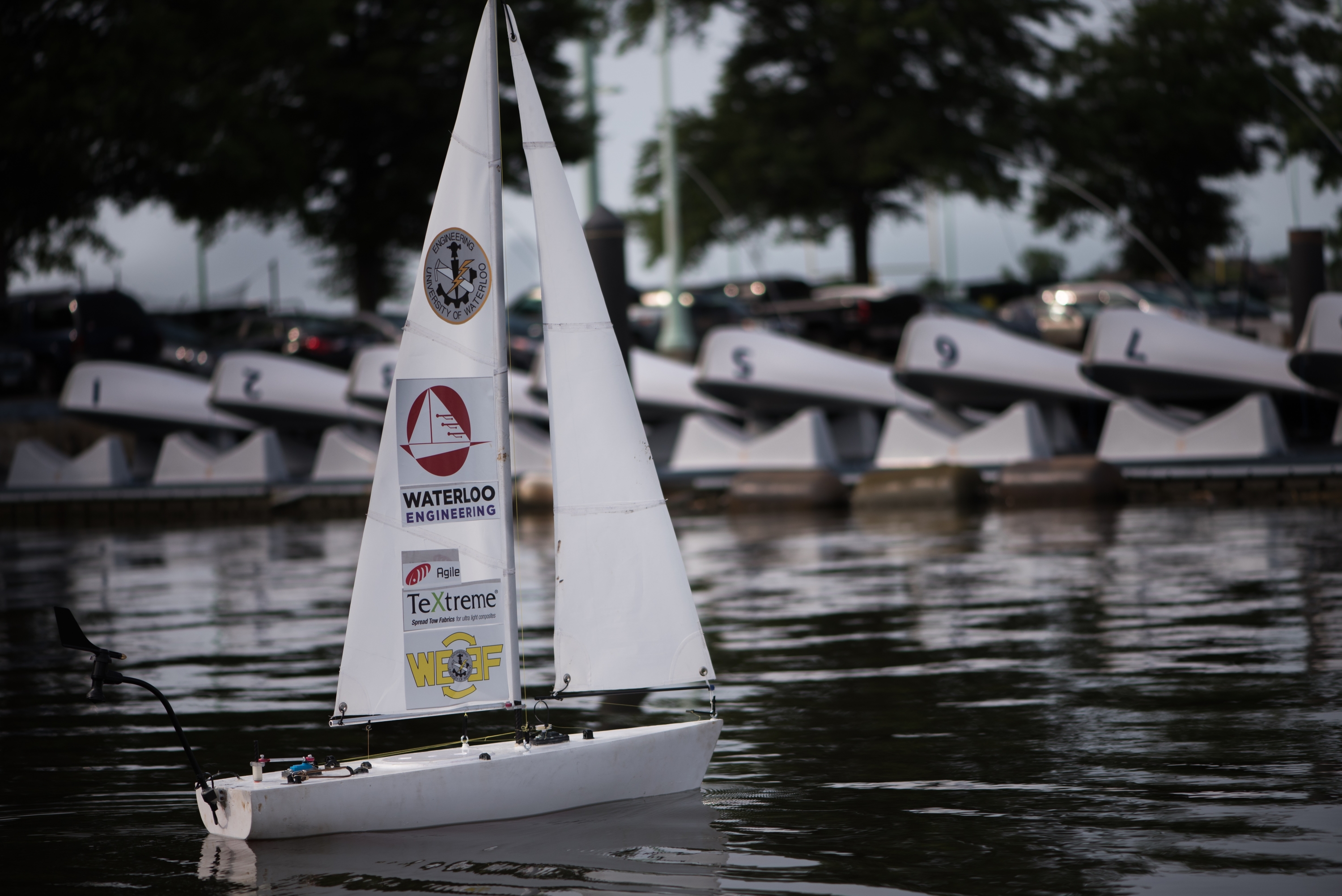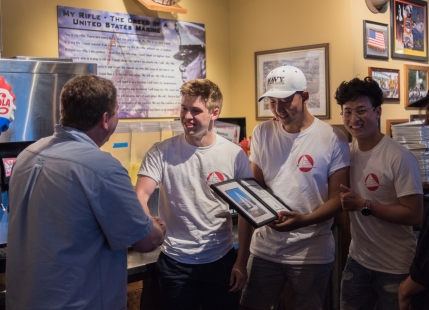
(The following is a brief description and link to a nice summer enrichment program, for students from outside Canada finishing Grade 10 and 11, or equivalent. It combines the elements that we strive for in Engineering education, namely hands-on experience, interdisciplinary thinking, and creativity/innovation. For more information or to consider participating see the link below. Prof. Bill Anderson)
IDEAS: A summer enrichment program for international high school students Poverty. Global warming. The digital divide. It takes big ideas to solve problems like these. Join high school students from around the world at IDEAS Summer Experience, and use your big ideas to try to solve some of society’s most serious challenges.
IDEAS is a 2-week summer enrichment program at the University of Waterloo, ranked as Canada’s most innovative university for the past 25 years.
With help from our award-winning professors and IDEAS mentors, you’ll learn to look at global problems in new ways, use hands-on activities to develop your research and communication skills, apply problem-solving techniques from the fields of engineering, health sciences, the humanities, and more. You may not solve the world’s problems in 2 weeks. But you will learn valuable skills, experience what it’s like to study and live at one of Canada’s top universities, and make friends from other countries.
Source: University of Waterloo | IDEAS Summer Experience


